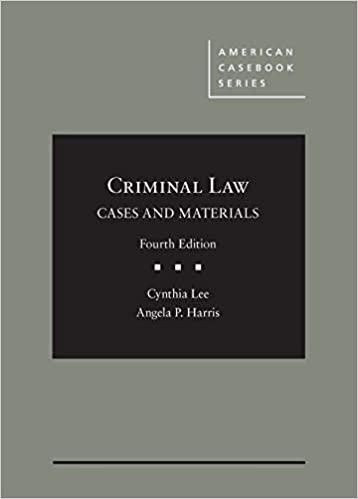Answered step by step
Verified Expert Solution
Question
1 Approved Answer
Please complete the IRACs Best Buy v. Apple On December 1, after running out of Apple iPhones in all of its 50 Southern California stores,
Please complete the IRACs

Step by Step Solution
There are 3 Steps involved in it
Step: 1

Get Instant Access to Expert-Tailored Solutions
See step-by-step solutions with expert insights and AI powered tools for academic success
Step: 2

Step: 3

Ace Your Homework with AI
Get the answers you need in no time with our AI-driven, step-by-step assistance
Get Started


